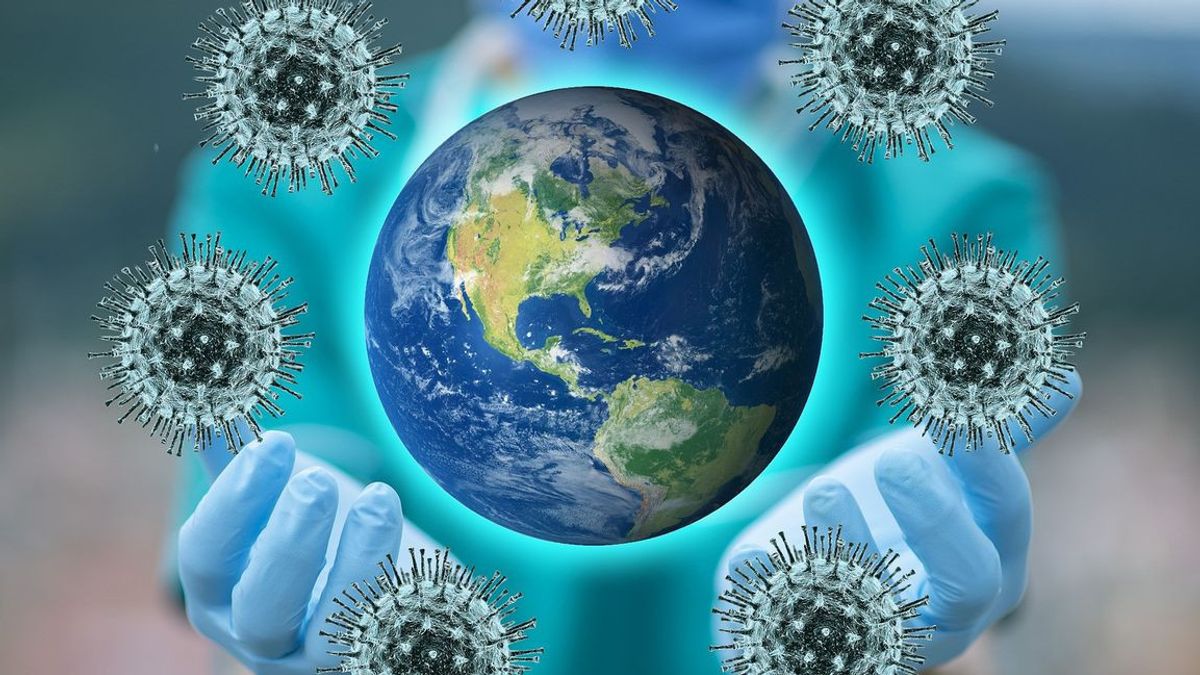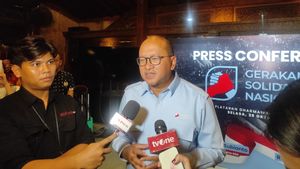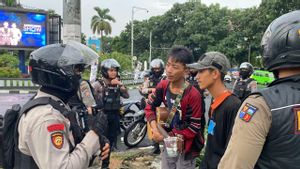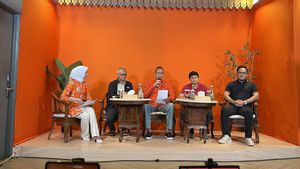JAKARTA - The COVID-19 Handling Task Force (Satgas) stated that Indonesia is no longer in a state of emergency in response to the COVID-19 pandemic, but has begun to transition into the endemic phase.
"It can be said that currently Indonesia is no longer in a state of emergency in response to the COVID-19 pandemic and is starting to transition to the endemic phase," said Government Spokesperson for Handling COVID-19 Prof Wiku Adisasmito, quoted by Antara, Tuesday, May 10.
Wiku said that this condition had been reflected in the large decrease in the effects of COVID-19, such as a decrease in the number of positive cases, active cases, hospital occupancy and death rates. This includes social or economic behavior in today's society.
For example, economic growth has started to pick up again so that the unemployment rate will decrease if you look at the increasing spending index and the high mobility of people who do activities outside the home.
However, neither party should be complacent because the transmission of COVID-19 continues to occur even on an international scale. Evidenced by the increase in cases that still occur in countries such as Japan and Taiwan.
Vigilance must also be increased because the emergence of new variants such as BA.4 and BA.5 in South Africa is still happening and could be the cause of the presence of a new wave of cases. Because COVID-19 has never known regional boundaries to continue to infect.
In order to enter the endemic phase, Wiku said Indonesia can continue to learn together in the COVID-19 conditions both nationally and globally. and safe," he said.
Wiku also ensured that the Government will continue to enforce Community Activity Restrictions (PPKM) as one of the COVID-19 control instruments which has in fact been proven to be able to de-escalate the condition of the case.
"Control and supervision will continue to be carried out in a form that must adapt to the current situation and conditions. This is also a strong foundation for the Indonesian government not to be careless so that the defense carried out for months after the last spike in cases can last for a long time," he said.
While the government continues to evaluate through PPKM, the public is advised to continue to wear masks as directed by the World Health Organization (WHO) and to follow the COVID-19 vaccination to protect against virus transmission.
Testing and surveillance activities must also continue to be intensified, including increasing innovation in health science and technology as an effort to detect and prevent as well as treat other infectious diseases.
"It should be known together that learning from the COVID-19 pandemic requires pentahelix cooperation that is multi-national in nature in preventing pandemics that have the potential to occur in the future," said Wiku.
The English, Chinese, Japanese, Arabic, and French versions are automatically generated by the AI. So there may still be inaccuracies in translating, please always see Indonesian as our main language. (system supported by DigitalSiber.id)













